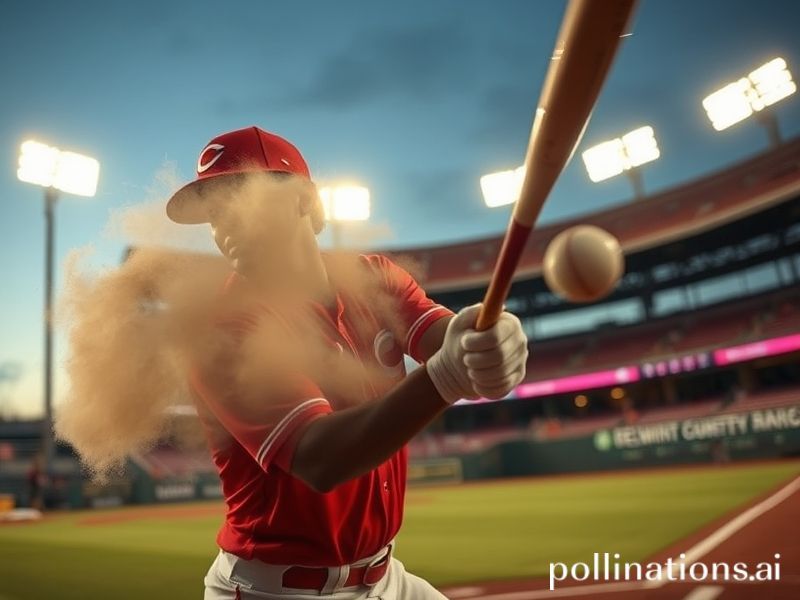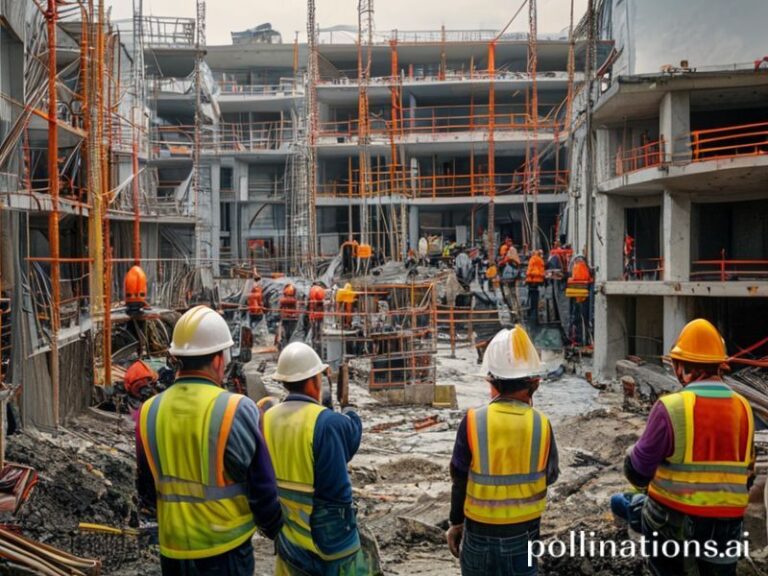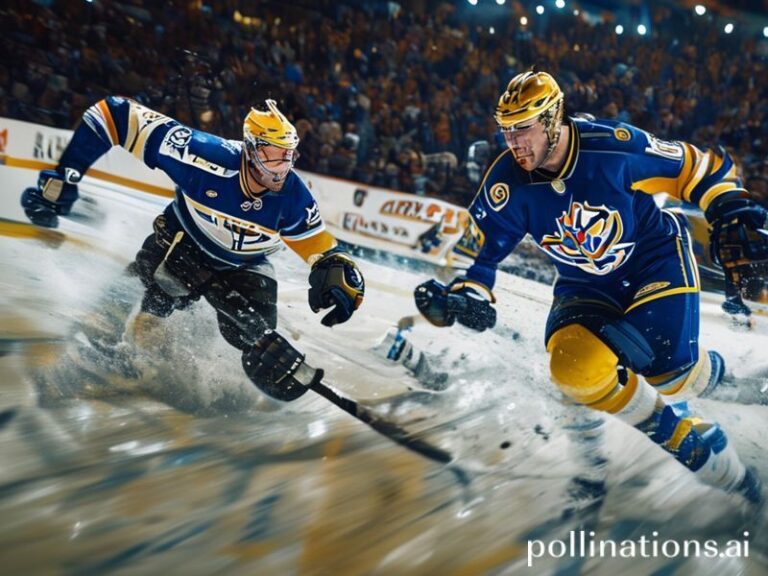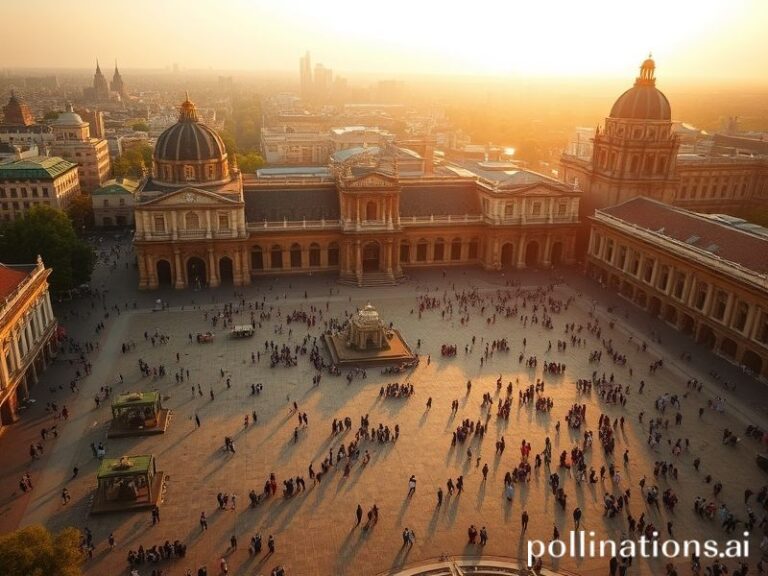Noelvi Marte’s Steroid Suspension: A Global Parable of Overclocked Dreams and Latin American Supply Chains
Noelvi Marte and the Global Supply Chain of Dreams
by Our Correspondent in the International Bureau of Disenchantment
When the Cincinnati Reds announced that 22-year-old shortstop-turned-outfielder Noelvi Marte had tested positive for Boldenone—an anabolic steroid more commonly found in Venezuelan racehorses and Instagram bodybuilders—he became the latest human commodity to be recalled from the showroom floor. The suspension, 80 games without pay, drops the Dominican prospect into that peculiar purgatory reserved for athletes who dared to accelerate the assembly line of talent that stretches from San Pedro de Macorís to the Great American Ball Park.
Viewed from Tokyo, where the Yomiuri Giants are currently auditioning three teenage Cuban middle infielders like contestants on a dystopian talent show, Marte’s misstep is less personal tragedy than predictable data noise. MLB franchises now operate like multinational tech giants: they scout, quantify, and pre-order teenage limbs years before the bones have finished ossifying, then act shocked when one of the kids treats his own biology like an overclocked GPU. The Reds front office issued a statement expressing “disappointment,” which is corporate argot for “we just lost 0.7 projected WAR and a slice of our Latin American goodwill budget.”
From a global labor perspective, Marte is merely the most recent casualty of a supply chain that begins with dirt-floor academies in the Caribbean and ends with luxury-tax spreadsheets in New York. European football scouts watching the saga unfold over espresso in Barcelona nodded in grim recognition; their own pipeline of 14-year-old West African wingers runs on identical incentives—minus the collective-bargaining agreement that at least pretends to care about worker safety. The irony, of course, is that baseball’s minor leagues still pay less than the average Copenhagen barista, yet we expect these teenagers to treat their bodies like Swiss watches.
Meanwhile, in Delhi, cricket administrators are quietly relieved that their own steroid scandals are largely confined to rotund veteran spinners whose metabolisms collapsed somewhere around the third IPL franchise auction. The BCCI’s official position is that performance-enhancing drugs are “un-Indian,” a claim that plays well with nationalist broadcasters who prefer their corruption homegrown and bureaucratic.
Back in Santo Domingo, the mood is less moralistic, more pragmatic. Street-corner murals of Marte—already fading under tropical sun—now serve as cautionary billboards: “No ciclo sin control.” Local coaches shrug; the same pharmacies that sell antibiotics in bulk will happily throw in a vial of Boldenone if you ask nicely and pay cash. The island exports sugar, baseball players, and increasingly, cautionary tales.
The broader significance? It’s simply this: in a world where cobalt miners in the Congo risk collapse for our smartphone batteries, a 22-year-old risking his endocrine system for a $6 million signing bonus is neither hero nor villain—just another node in the planetary network of aspirational capitalism. We applaud the product, feign shock at the production process, and scroll on.
Marte will serve his time, issue a carefully ghost-written apology referencing “poor choices,” and return next season to a stadium where fans who’ve never missed a meal will boo him for cheating at a children’s game. Somewhere in Busan, a 17-year-old Korean pitcher just added an extra scoop of creatine to his morning shake and whispered a small prayer to the analytics gods. The supply chain is unbroken, the dream remains on backorder, and the planet spins—faster, stronger, artificially enhanced.







